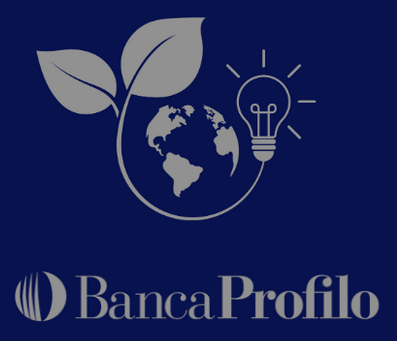
Whistleblowing
Whistleblowing
Banca Profilo is committed to promoting a corporate culture based on ethical behavior and good corporate governance, thereby fostering an environment where individuals are encouraged to report unacceptable conduct within the Group.
For this purpose, specific channels, processes, and procedures have been established to ensure confidentiality and the absence of retaliatory acts against individuals who report illegal behavior.
Reports may concern violations and/or irregularities related to the topics covered in the attached Whistleblowing Policy and external regulations.
More specifically, but not limited to:
- Violation of the Code of Ethics and/or Code of Conduct;
- Acts or facts that may constitute a violation of the regulations governing banking activities (art. 52 bis and 52 ter of Legislative Decree 385/1993 (“TUB”) and the Supervisory Provisions for banks – Circular 285/2013 of the Bank of Italy);
- Acts or facts that may constitute a violation of the regulations concerning activities carried out by intermediaries, issuers, and the discipline of EU Regulation 596/2014 (Market Abuse Regulation) (art. 4 undecies, paragraph 1 of Legislative Decree 58/1998 (“TUF”);
- Potential or actual violations of the provisions on the prevention of money laundering and terrorist financing (art. 48 of Legislative Decree 231/2007) and acts or facts that may constitute violations of the regulations governing activities carried out by insurance or reinsurance companies, insurance and reinsurance intermediaries, including ancillary insurance intermediaries, referred to in the Private Insurance Code (Legislative Decree 209/2015).
Under current legislation, the identity of the reporting person and any other information from which that identity can be inferred, directly or indirectly, may not be disclosed without the express consent of the reporting person, to persons other than those authorized to receive or follow up on the reports.
Reports should be submitted through one of the following channels:
- By sending an email to: [email protected]
- By sending a written report to: Attention to the Whistleblowing Manager, via postal service or by physically dropping off the report in a sealed envelope marked “Confidential” addressed to Banca Profilo S.p.A. via Cerva n. 28, 20122, Milan.
External reporting channels: It is possible to make an external report to the National Anti-Corruption Authority (ANAC) if, at the time of its submission, one of the following conditions is met:
- The mandatory internal reporting channel is not provided within the work context or it is not active, or, even if activated, it does not comply with external regulations;
- An internal report has already been made, and no follow-up action has been taken;
- There are reasonable grounds to believe that an internal report would not be effectively followed up or could result in the risk of retaliation;
- There is a reasonable belief that the violation could constitute an imminent or obvious danger to the public interest.
Additionally, the reporting person can contact ANAC to report any retaliatory actions following a report. External reports to ANAC can be made according to the methods provided on ANAC’s official website (ANAC | Home page – www.anticorruzione.it).
It should also be noted that employees and collaborators of intermediaries supervised by the Bank of Italy or other subjects can report regulatory violations and managerial irregularities using the Bank of Italy’s Whistleblowing channel. Information on how to proceed with such reports is available at the following link: Banca d’Italia Whistleblowing
Links:
